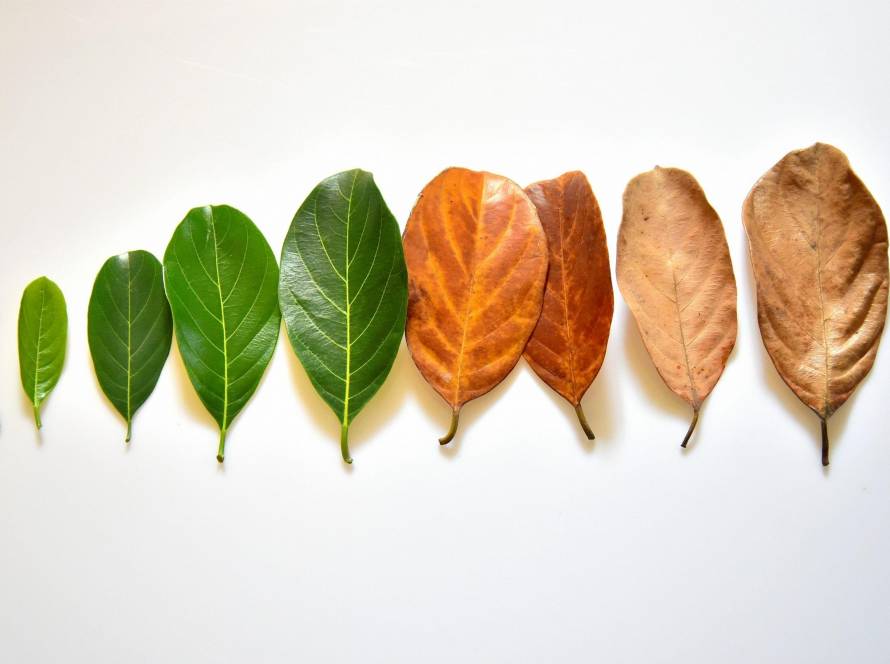I received this article recently. It’s written by a young woman who, having been diagnosed with an unusual form of cancer at a relatively young age, has clearly spent much personal time reflecting on her diagnosis. I find her reflections profound in one still so young. Evidently, age does not know the boundaries of wisdom and deep thought. I should also mention that my opinion is completely biased, as she is my niece.
Thank you for your wisdom, Alina.
This article is not a biography about Terry Fox, but a personal reflection of his impact on me while growing up. If you’ve never heard of him, it would be a good idea to read up something before you get to this. His Wikipedia page is actually pretty good! This year, I will be the same age as Terry Fox was. Not exactly the same, as he passed away exactly a month before his next birthday, but it’s still the same number. This was mind-blowing on more than one level; for one thing, he would have been three years older than my dad if he was still around today, and my dad is already close to 60. Also, I always pictured him as a “grown-up,” and it never occurred to me how young he was until I made it this far myself. To sum up being 22 years old, it’s old enough to feel like a real adult, but young enough that you still have to prove you’ve grown up. It’s not so unusual to expect someone to achieve bigger things at this age. By 22, you could be old enough to graduate from university, and you’re on track for your real future. Or maybe by 22, you could have enough work experience in your field to get a better job, and start building yourself up. Where I live, by 22 you might already have a couple kids of your own to raise. This is the age when your friends are getting married, and you’re babysitting your nieces, and you understand all the words at the bank. It turns out I had grown into one of those other 22-year-olds, the ones who were still struggling to sort out their lives. For some reason paying off bills and vehicles was really important, so I had bad habits of putting work before pleasure, and changing jobs a lot because I didn’t like my work anyway. I knew what I wanted to do, but I couldn’t decide the best way of going about it, so I sort of lost track of time and nearly forgot my 21st. I don’t know if anyone would expect someone like me to become a national icon or legendary figure by now. For the most part, I’m really not like Terry Fox at all. However, we had just enough in common that I found him relatable. Just little things, like we grew up in roughly the same part of the province; he had a big brother, little brother, and little sister, like me; we liked similar sports as children; and this year, I was diagnosed with a rare type of cancer, in the same category as his. Fox had metastatic osteosarcoma, while I have myxofibrosarcoma. All the research on the Internet couldn’t explain my sickness very well, but to be frank that doesn’t make much of a difference. This is at least the third time one of our family has been diagnosed, and it’s been a part of my life almost since I was born. When I was a baby, my big brother had leukaemia. His battle went on long enough that I got a little brother on the way, so that if we needed a donor there would be options (kidding!). I only have a couple memories of his treatment, and while there was nothing traumatic going on that I was present for, I could at least understand that he hated it. We grew out of our first cancer episode roughly in time for our baby sister, and by the time she was six months old it was Mum’s turn. Our mother had thyroid cancer, and though it was relatively mild and easily treated, there were still four noisy kids who weren’t allowed near their radioactive parent, for Pete’s sake! Nevertheless, by the time baby’s first birthday came around, the big long battle was over, and we thought that would be that. Now that I think of it, we could have been celebrating the 20th anniversary of the Marathon of Hope when I first heard of Terry Fox. I was in the first grade, and we were watching a documentary. It started with the silhouette of a man running into the sunrise, and he had a strange hop-step gait. I remembered his name easily, because he had the same nickname we recently gave my little brother. I learned that he had cancer, and started his run to help raise money for research. It was hard for him to run because his leg was sick, and they had to cut it off with a special saw so the rest of his body couldn’t get sick. I immediately thought he was cool; I was six, and thought his prosthetic leg was like how Luke Skywalker had a cyborg arm. I even remember thinking his leg was a little bit like C-3P0’s, because it couldn’t bend. I was also beginning to understand that cancer was what made my brother go to the hospital all the time. I thought the Marathon of Hope was like an adventurer’s quest, the search for the cure. So my first impression of Terry Fox was a “Skywalker hero”, who died looking for someone to help kids like my brother get better. Whatever is true and what isn’t, I’m sure that’s how Canada would have liked for me to remember him. The nice thing about growing up in Canada is that there was always material about Terry Fox. You could find him anywhere they talk about great Canadians, so he was in a lot of books, magazines, and school diaries. Now I wasn’t a never-ending fangirl, but I would always stop to read any article that had to do with him, even though it was the same story every time. I could never really shake off the image I had as a six-year-old, but Fox did become more human the more I learned. Another trait I found we had in common was he was well-known for being stubborn. I know I was a pig-headed kid, but early into my teen years I started to take one of his lesser-known quotes as a personal motto, to push me a little bit more: “Nobody is ever going to call me a quitter.” Now I was telling the truth when I said I got a little lost as I grew out of my teen years. That doesn’t mean I did nothing with my life. When I was sixteen, I thought moving across the globe to live in the Cook Islands would be the biggest challenge I would have to face. It turns out that part was easy. It didn’t take me too long to fit in, and I discovered my niche in Gracie jiujitsu. When I wasn’t at school or at work, I was training. I became so invested in jiujitsu I had to be told by my instructor that if my grades weren’t good enough to graduate high school, I wouldn’t be allowed to train anymore. So first I finished school at 17, then I became the first female in the Cook Islands to earn my Gracie blue belt at 18. After that I had my own class of kids to teach beginners’ Gracie. However, that was as far as my ambition was going to take me for now, because it was hard to find a platform for martial arts in the Cook Islands, and moving to New Zealand to try a new club didn’t work. Things were supposed to get back on track this year. I had found a contracting job with flexible hours, so I could exercise on the job and make time for training at my old club. The club had grown a lot since I’d left, and they were getting ready to send a team over to a competition in a few months. I was asked to join the team, and was getting ready to make a comeback in my jiujitsu career. I wasn’t really that interested in pursuing competitive martial arts, but I thought the experience could help get me some credential for my real dream, becoming a certified instructor. Two fevers and a surgery later, a doctor had to tell me that was all going to change again. This is not a tragedy. This is not an invitation for people to pity me. This is the next lesson I had learnt from Terry Fox, and it was also something I discovered for myself. When you are diagnosed with cancer, it changes how people look at you. The first thing that usually comes to mind is that you are sick in the worst way possible, and nobody knows for sure if you will get better. So that means there will be some people who look at you and just feel sad. If just hearing the news makes someone sad, imagine how the patient must feel– they must be miserable! So then there are some people who are sympathetic enough to understand if you just fall apart. Here is the problem with that: when you fall apart, you just make a mess for everyone else to clean up. And when you have cancer, there are going to be people around you falling apart, and if you break too that adds one more mess to the pile. I have always believed that if you get pushed, push back, but I was really beginning to understand that when I’m expected to be weak, it’s more important than ever to be strong. I especially didn’t want to be seen as the weak one, when there have been so many others who lasted through it all, two of them in my own family! Terry Fox was killed by cancer. It wasn’t only in the end; the physical strain he put himself through to make his run would be enough to make a quitter. He never spoke of feeling like a handicap, though, and he took this mission upon himself because he knew he could take it. There were definitely skeptics before, but as he pushed on he really made the world believe in him. The first Marathon of Hope was never finished, because he insisted on finishing it himself. I think that was the point that made the public understand the gravity of cancer. Sometimes I wonder if he had completed his run, would there be a Doubting Thomas who decided his sickness must not have been so bad, if he could run across the second biggest country in the world? I’m not happy that we never saw Fox finish, but I am at least glad that his own message and ideals survived. “I believe in miracles. I have to.” It wasn’t important how many obstacles got thrown at you, or how steep your mountain got. It’s your own strength that keeps you going; Terry Fox wasn’t the guy who got carried from the Atlantic to Thunder Bay. Staying strong matters more when there’s eyes on you, too, because it’s a chance to affirm yourself in a certain image. I’ve come almost as far along the years as Fox did, and I will continue to strive to be someone like him. And someday, I’m going to be older than Terry Fox was.
ALINA GEORGE, THURSDAY, JULY 27, 2017


